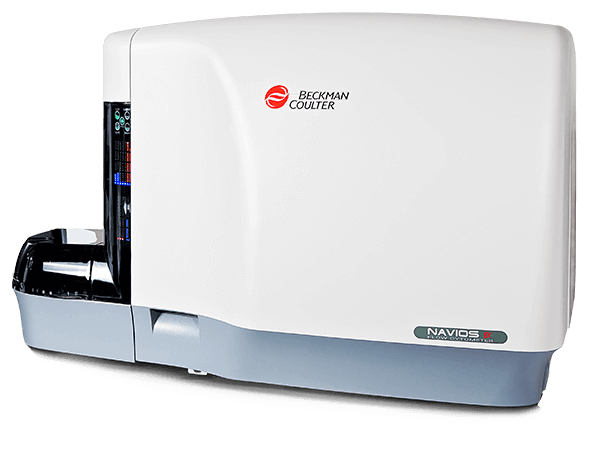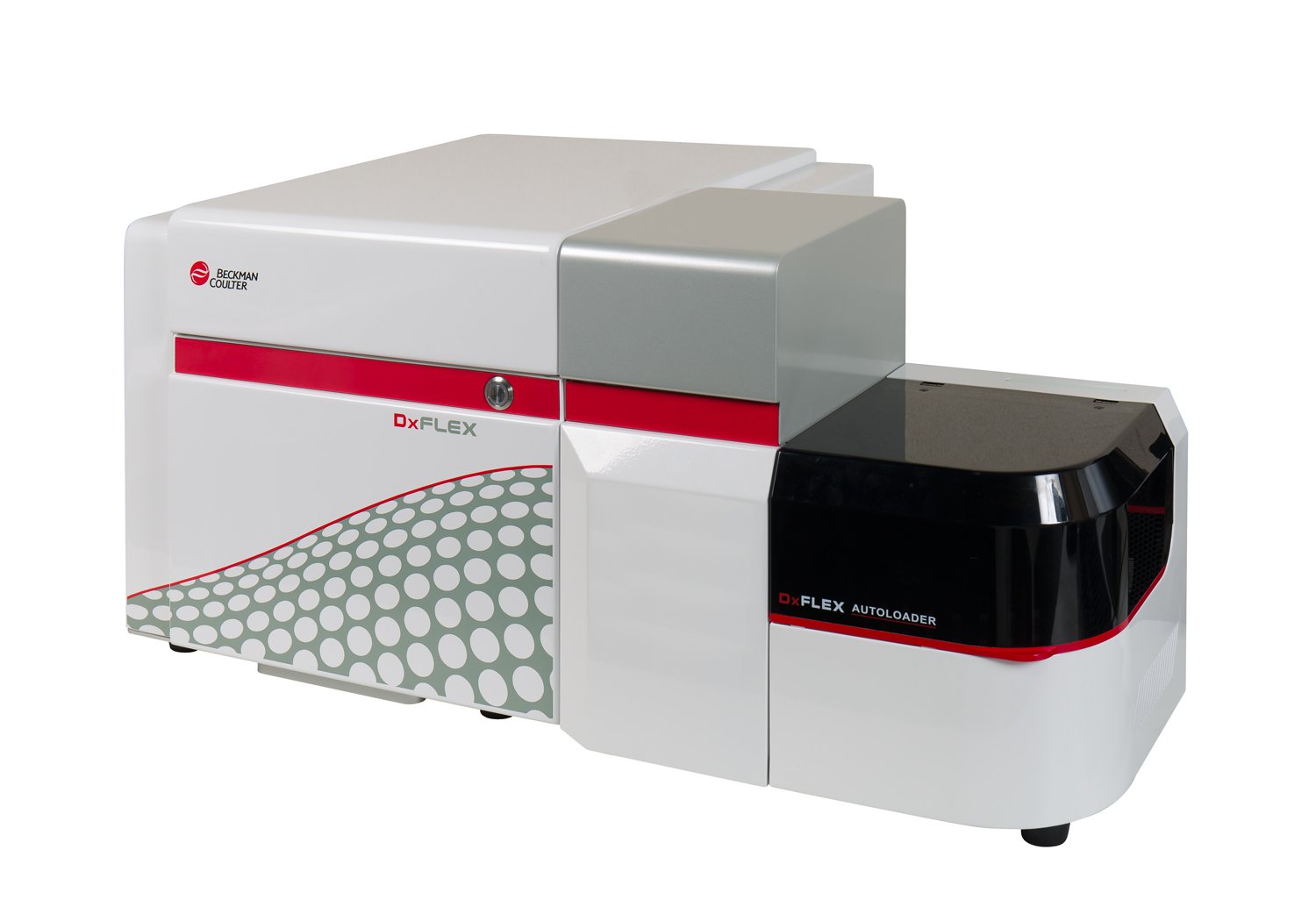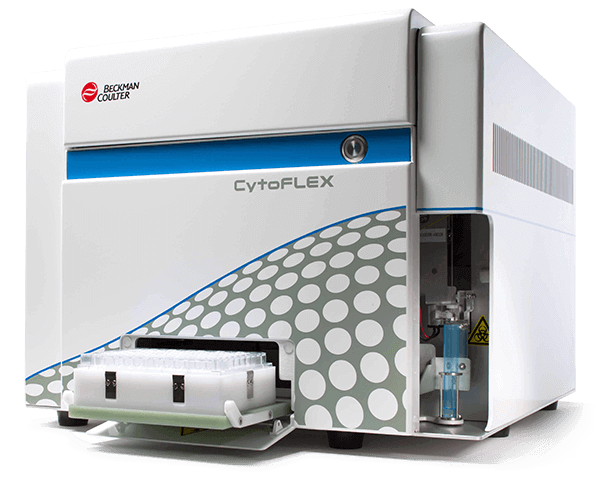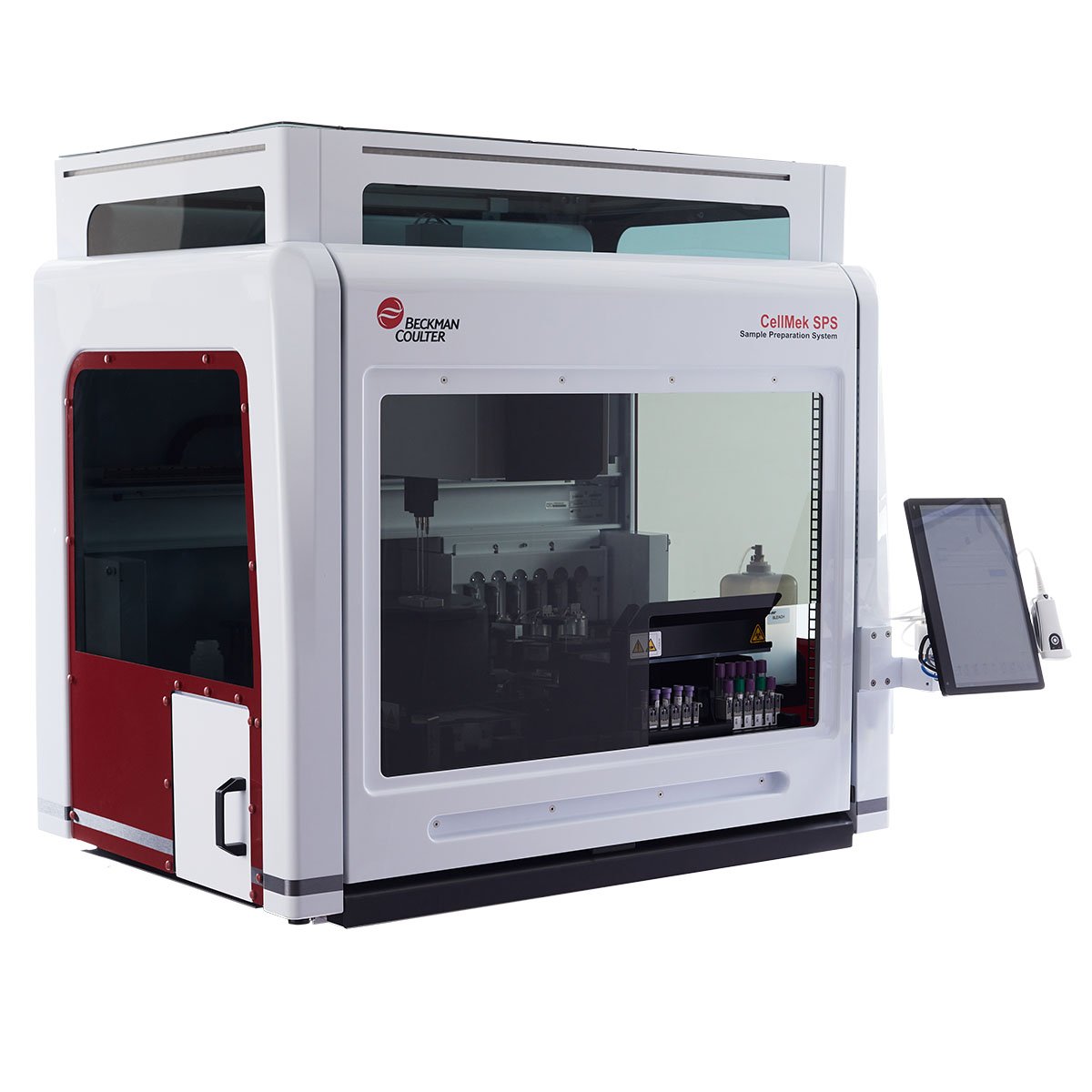CD33 Antibodies
The CD33 antigen is a 67 kDa single-chain transmembrane glycoprotein reported to be a sialic acid dependent adhesion molecule. The extracellular portion of the molecule belongs to the Ig superfamily, involving one V-like and one C2-like domains. This antigen shows some homologies to myelin-associated glycoprotein and to the CD22 molecule. CD33 antigen is expressed on monocytes in peripheral blood. In the bone marrow, it is found on granulocyte and macrophage precursors, and is absent from pluripotent stem cells.
| Clone: 906 (MY9) | Isotype: IgG2b Mouse |
| Approximately 30% of normal bone marrow cells express My9, including myeloblasts, promyelocytes and myelocytes. The myeloid colony forming cells express My9, as do a subset of erythroid burst forming cells. Erythroid colony forming cells do not express My9. | |
| Clone: DHL60.251 | Isotype: IgG1 Mouse |
| The D3HL60.251 monoclonal antibody reacts with cells of myeloid origin. It reacts strongly with monocytes, and weakly with granulocytes of the peripheral blood but does not react with mature lymphoid cells or lymphoid precursors. | |






